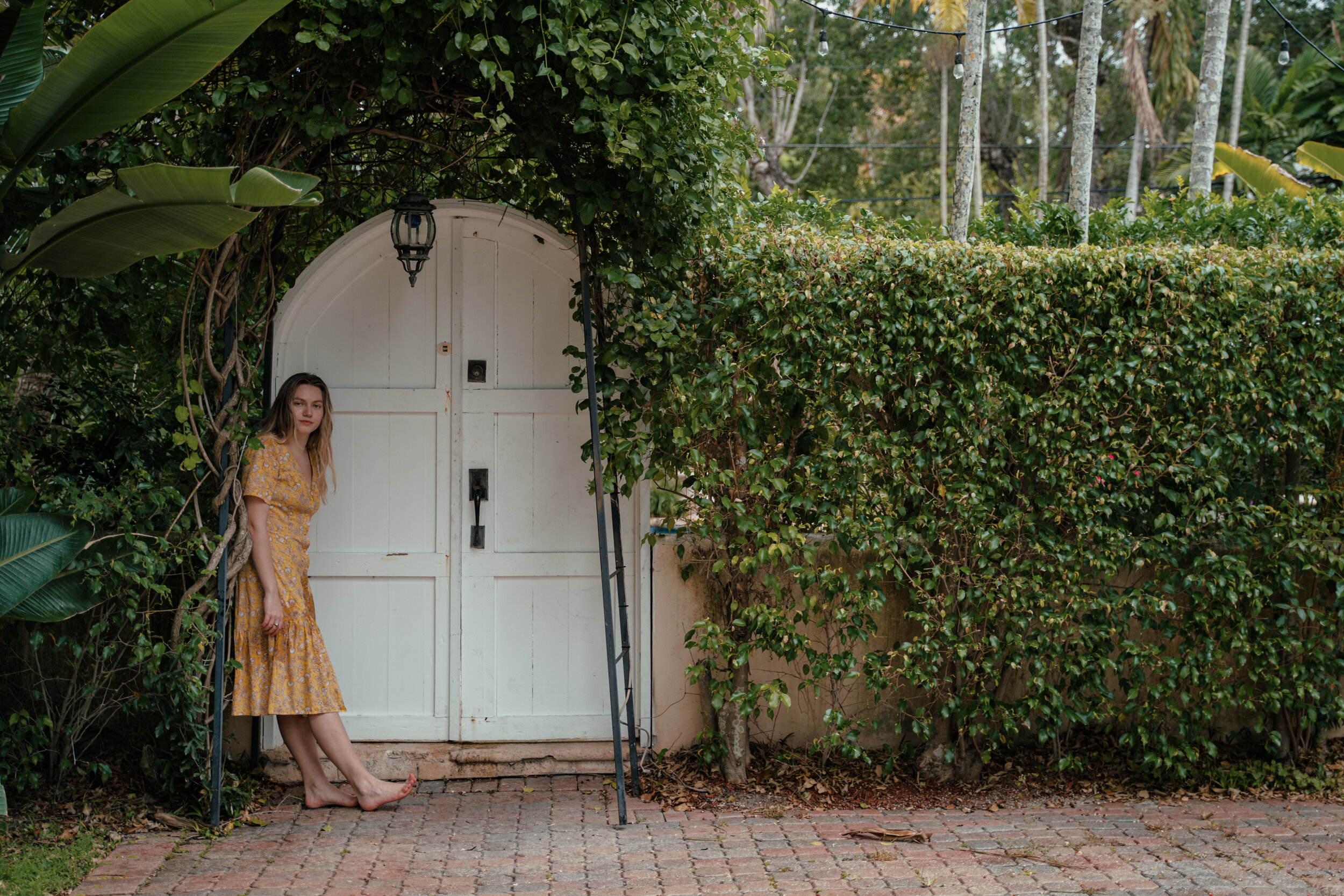Class of COVID-19
When I committed to a college 1500 miles away from my hometown, I didn’t think I’d be submitting my senior thesis from my childhood bedroom. But after coronavirus forced me to book a last minute flight home to Miami, that’s where I found myself. Because I had gone through two international airports, I was worried I had been exposed to the virus, so I chose to isolate myself from my family. That time alone forced me to reflect on my situation, to realize just how lucky I was to have a financially secure and loving family I could come back to. But even in the face of my privilege, the sadness and anger of having an instrumental phase of life be cut short overwhelmed me.
Even after being ushered back into the daily happenings of homelife, I felt alone. My parents and siblings tried consoling me, but they didn’t know what it was like to have a graduation be cancelled, to have job opportunities be rescinded, to have friendships be cut short. I knew that my ‘suffering’ was categorically less life-altering than that of other more affected groups, but I couldn’t help myself from feeling singularly dejected.
Like myself, my high school friends were quarantining at home, each of them mourning their own losses. To distract myself from spiraling deeper into my anxieties, I decided to document our experiences in a series I called The Class of COVID-19. I photographed my friends in front of their homes and asked them to write a few comments as to how the pandemic had affected them. They opened up in ways I had rarely seen in the decade I had known them.
Alain, a co-captain of the Dartmouth lightweight rowing team, wrote about his feelings of disbelief upon learning of his season’s cancellation by way of waking up to a call from his teammate who wanted to talk about “the bad news.” Jake, a BU student who was studying abroad in LA when “it all started to get bad,” was unsure of the magnitude of coronavirus’ threat until he was forced out of his apartment with one week’s notice. Lucas, a student at UCLA, expressed his longing for the days of laying on his university’s lawn, of working in the student run coffeeshop, and of driving up the coast with his friends. But “as reality unfolded,” the goodbyes and good times he had been hoping for had “all come to an end.”
Before reading my friends’ statements, I found it difficult to believe the popular “alone-together” mantra. But after hearing their stories, I really did feel less alone. So, I continued collecting and sharing stories on social media. I soon received overwhelming positive feedback. Friends of friends reached out asking to be included in the project, strangers messaged me that my photographs were helping them get through their loneliness.
As this was happening, one date was hanging over my head: June 15th, the day my lease in Chicago ended. I needed to get there and pack up before somebody else moved in. After some convincing, my parents agreed to let me drive up on the condition that I not sleep in motels or eat at restaurants as to minimize my potential exposure to the virus. While I was planning the drive, I realized the trip up was a unique opportunity to include more diverse voices in the project. So, I sent out a social media call for participants and not much later received interest from students in every state along the way from Florida to Illinois.
The drive took twenty-seven hours, spread out over three days. Between eating one of my seven pre-packaged PB&Js and sleeping in my car at rest stops, I photographed students in five states and seven cities. In Gainesville, Chris told me how he tried “maintain (his) mental health…through projecting all of (his) anxiety onto distant things,” like classes and virtual student clubs. In Bloomington, Max discussed his feelings of uncertainty and grief at the loss of “an incredibly formative time in (his) life…with next to no closure.” In Barrington, Sabrina recounted the intense emotional turmoil she experienced during her last days on campus and how that rendered her incapable of saying goodbye to her friends when she left.
I compiled every image and interview into one place the night I got back to Chicago. Now, writing this article as I pack up my college apartment, I still find myself anxious and sad most of the time, but knowing that my friends and other students are finding the strength to recognize the hope in their lives inspires me to do the same. I do not know what the future holds, I don’t think anybody does, but The Class of COVID-19 has helped me climb out of my loneliness. And right now, I think the only way to sustainably get through quarantine is by finding the things that remind us we’re in this together, even if it doesn’t always feel that way.















